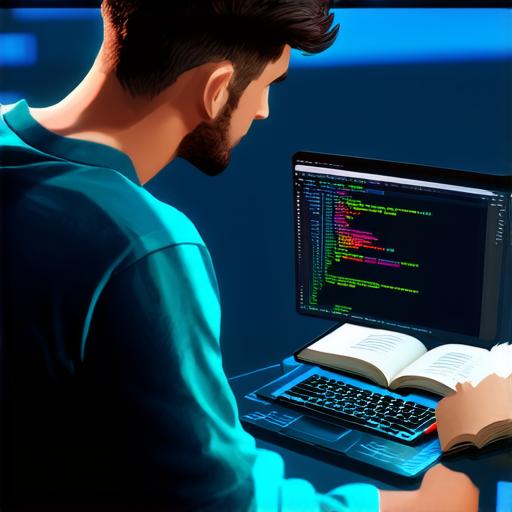1. Understanding the Basics
Before diving into Unity 3D development, it’s essential to understand the basics of game design, programming, and scripting. Here are some key concepts you should familiarize yourself with:
- Game objects: These are the building blocks of your game world. They include things like characters, vehicles, and environmental elements like trees and buildings.
- Scripting: This is the process of writing code to control the behavior of your game objects. Unity supports several scripting languages, including C and JavaScript.
- Physics simulation: This is how your game objects interact with each other in the game world. Unity includes a powerful physics engine that allows you to create realistic simulations of gravity, collisions, and more.
2. Choosing Your Game Development Path
There are several paths to becoming a game developer, depending on your skills and interests. Here are some options:
- Game design: This involves creating the concept and rules of your game, including the story, characters, levels, and mechanics.
- Programming: This involves writing code to control the behavior of your game objects and create interactive features like user interfaces and sound effects.
- Art and animation: This involves creating the visual elements of your game, such as character models, textures, and animations.

3. Getting Started with Unity 3D
To get started with Unity 3D, you’ll need to download and install the software. You can do this by visiting the Unity website and selecting the version that best suits your needs. Once you have Unity installed, you can start creating your first game by following these steps:
- Create a new project: This will create a new folder for your game files and set up the basic environment for your game development.
- Add game objects: You can do this by going to the “GameObject” menu in Unity’s editor and selecting the type of object you want to add (e.g., character, vehicle, environmental element).
- Write scripts: You can do this by going to the “Assets” menu in Unity’s editor and selecting “Create” > “C Script.” This will create a new script file that you can use to control the behavior of your game objects.
- Set up physics simulation: You can do this by going to the “Physics” menu in Unity’s editor and selecting “Rigidbody” or “Collider.” This will allow you to define how your game objects interact with each other in the game world.
4. Advanced Topics
Once you have a solid foundation in Unity 3D development, you can start exploring more advanced topics, such as:
- Graphics programming: This involves creating custom shaders and materials to control the appearance of your game objects.
- AI integration: This involves adding artificial intelligence to your game objects to make them behave more realistically.
- Multiplayer development: This involves creating games that can be played by multiple players over a network.
5. Real-Life Examples
One of the best ways to learn Unity 3D game development is by looking at real-life examples. Here are a few examples of games created using Unity 3D:
- “Papa’s Sushi Roll” – This is a popular mobile game that was developed using Unity 3D. It features beautiful graphics and intuitive controls, making it easy to play.
- “Job Simulator” – This is a virtual reality game that was developed by Google. It uses Unity 3D’s advanced physics simulation capabilities to create a realistic simulation of a workplace environment.
- “The Room” – This is a series of puzzle games that were developed using Unity 3D. They feature stunning graphics and immersive storytelling, making them popular among fans of the genre.
In conclusion, Unity 3D game development can be a challenging but rewarding journey. By understanding the basics of game design, programming, and scripting, choosing your game development path, getting started with Unity 3D, exploring advanced topics, and learning from real-life examples, you can become an expert game developer in no time.
